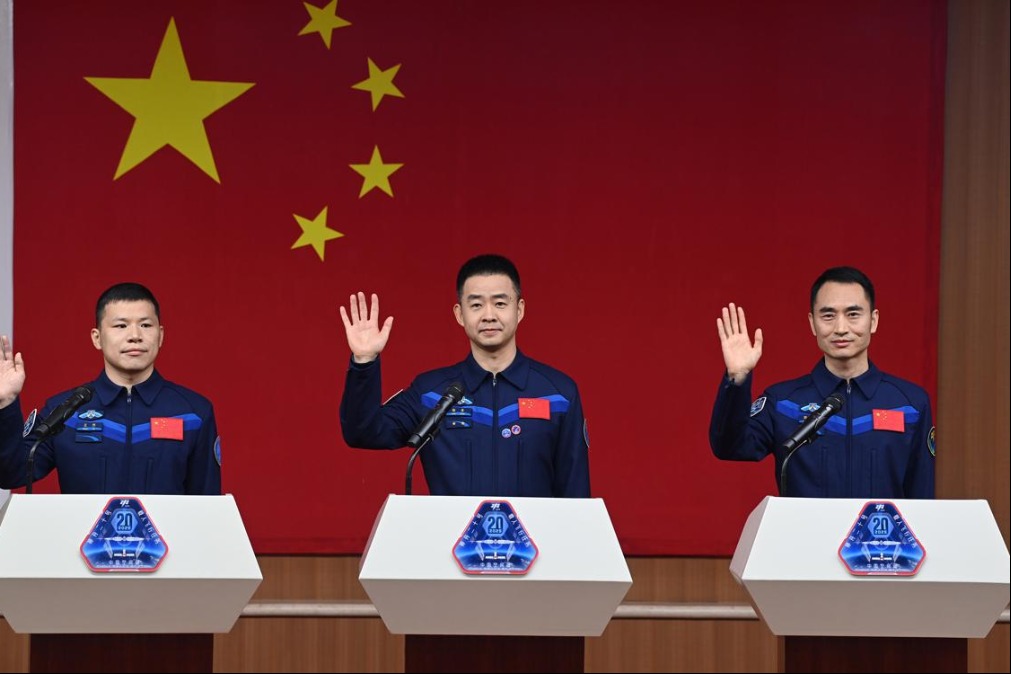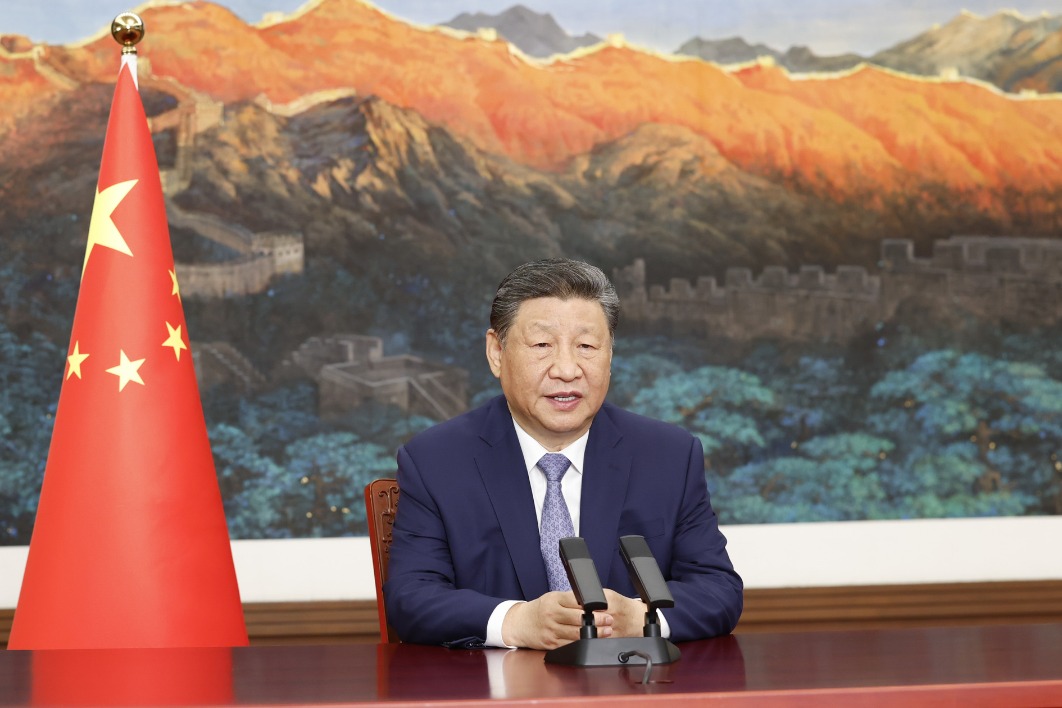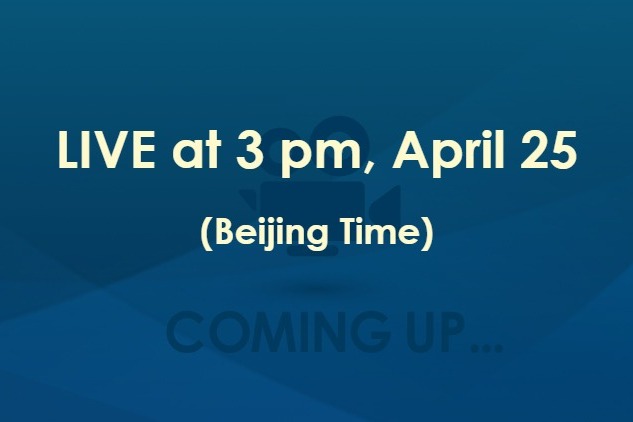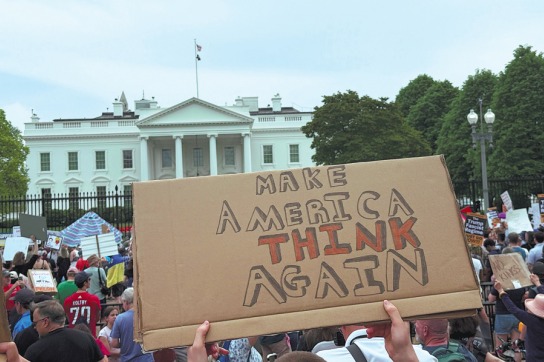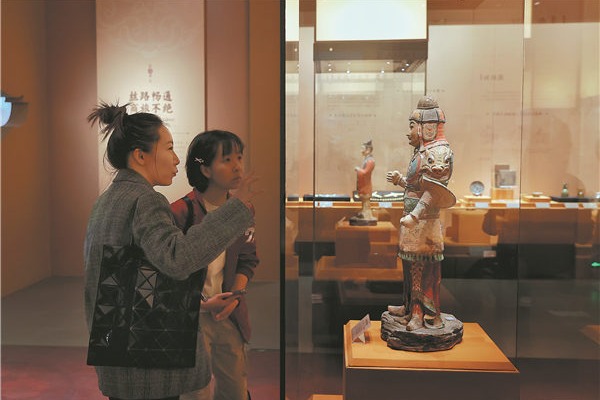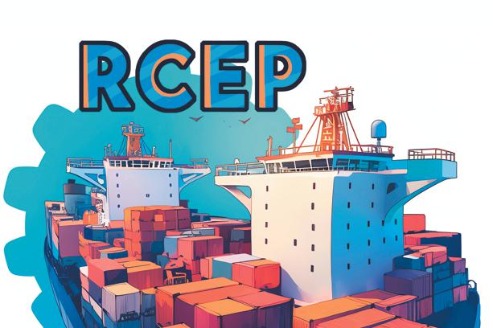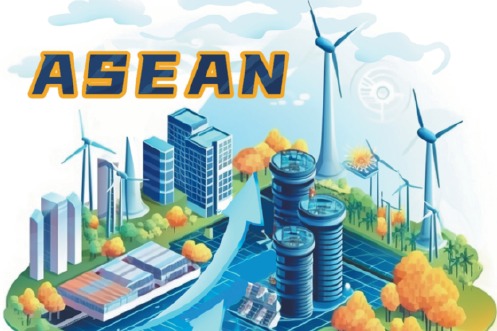UK should not let itself be hoodwinked by Washington

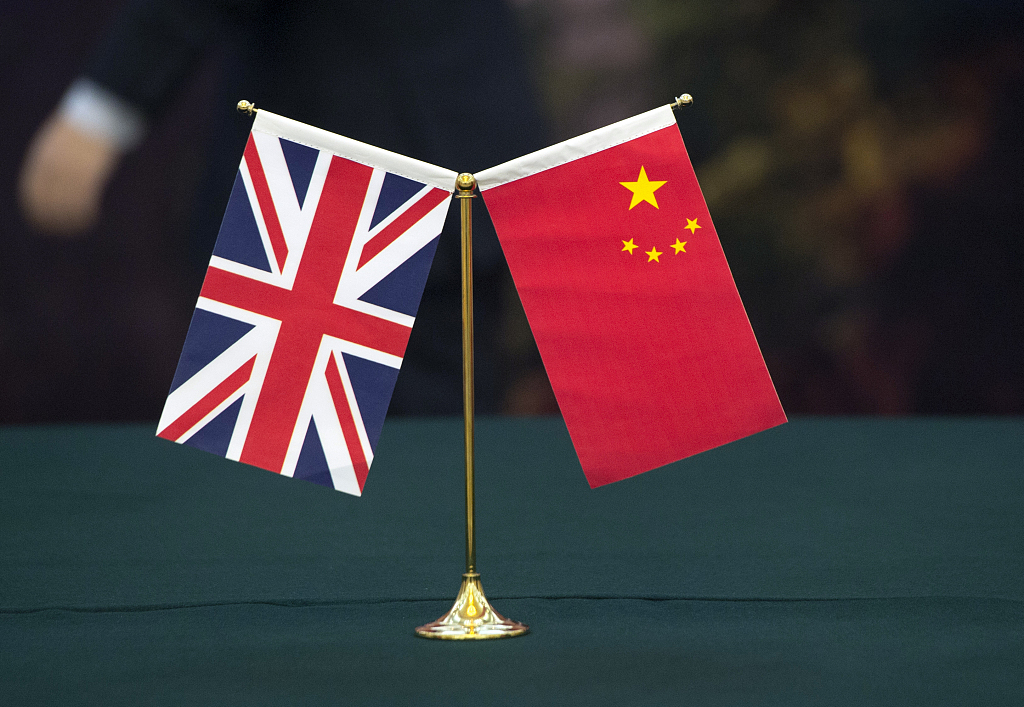
Even before he took office as prime minister of the United Kingdom in July, unlike other Western politicians, Keir Starmer held a comparatively practical view of China, being aware that if the UK really wanted to breathe life back into its stagnant economy it could not afford to turn the world's second-largest economy from a key trading partner and investor into an opponent. That made him one of the few among his Western peers to win an election without playing the "China card".
Although that does not mean the Starmer government has a rational outlook on China-related issues, such as those relating to Hong Kong, given that it still aligns closely with the United States on the agenda, it has done a good job in not letting these issues stall the overall healthy development of Sino-UK relations.
Ever since President Xi Jinping met Starmer in Rio de Janeiro in November, the two sides have doubled down on their joint efforts to not only break the ice frozen during the earlier Rishi Sunak government — which blindly toed the then Joe Biden administration's China-containment policy — but also explore every opportunity to resume, expand and upgrade their cooperative projects.
A series of high-level exchange channels and mechanisms that once played an important role in ushering in the "golden decade" of bilateral relations before the COVID-19 pandemic have been resumed, including the China-UK Economic and Financial Dialogue, Strategic Dialogue and Energy Dialogue.
To carry on the positive momentum of Sino-UK relations, Foreign Minister Wang Yi held a phone conversation with UK Foreign Secretary David Lammy on Tuesday, in which Wang urged the two countries to bear the responsibility of upholding the international order against the current backdrop of rampant unilateral bullying.
By saying that China, in the face of the US' tariff war, which also hurts the UK, aims not only to defend its own legitimate rights and interests but also to uphold international rules and the multilateral trading system, Wang was apparently trying to persuade the UK not to be hoodwinked by the US to collude with it in targeting China.
By reiterating that China will remain committed to mutually beneficial cooperation with all countries, and to sharing development opportunities with the world, Wang was telling the Starmer government that as long as the UK can continue to uphold its strategic autonomy in handling relations with China, it can only gain from its rational decision. Beijing is not asking the UK to choose sides between China and the US but stand on the right side of history.
It is to be hoped that, as the top UK diplomat noted, the UK can further enhance exchanges between the two countries on bilateral and multilateral issues of mutual concern, jointly addressing challenges.
















